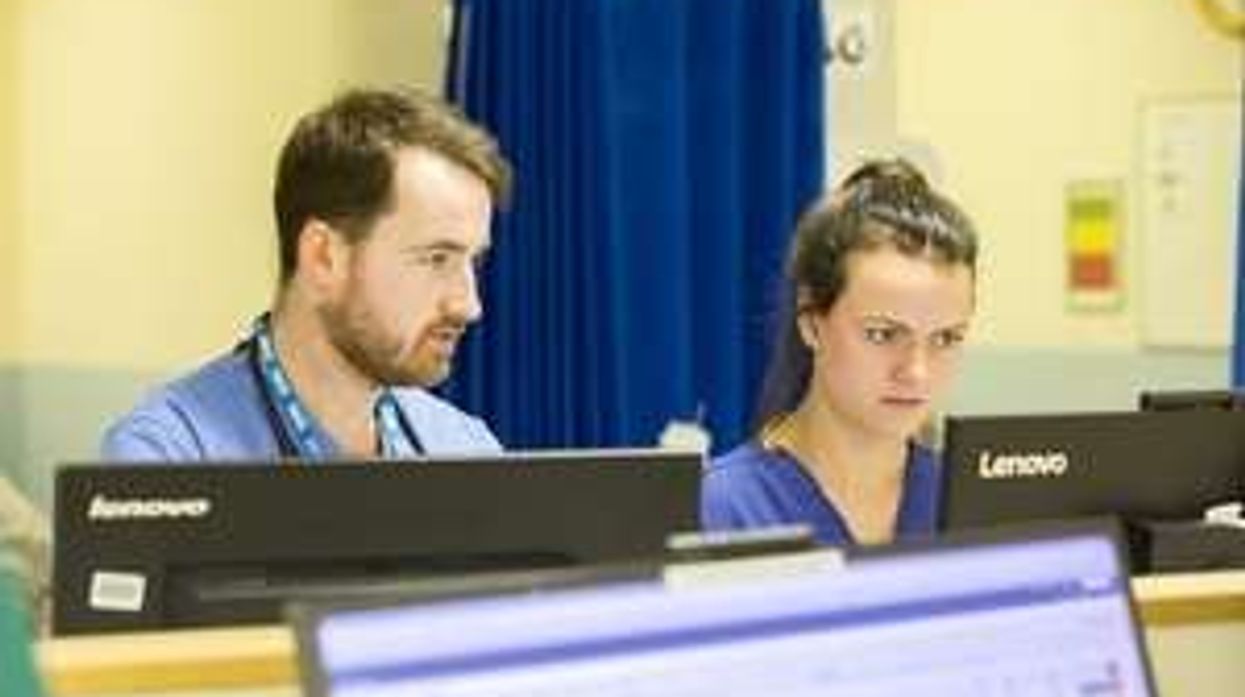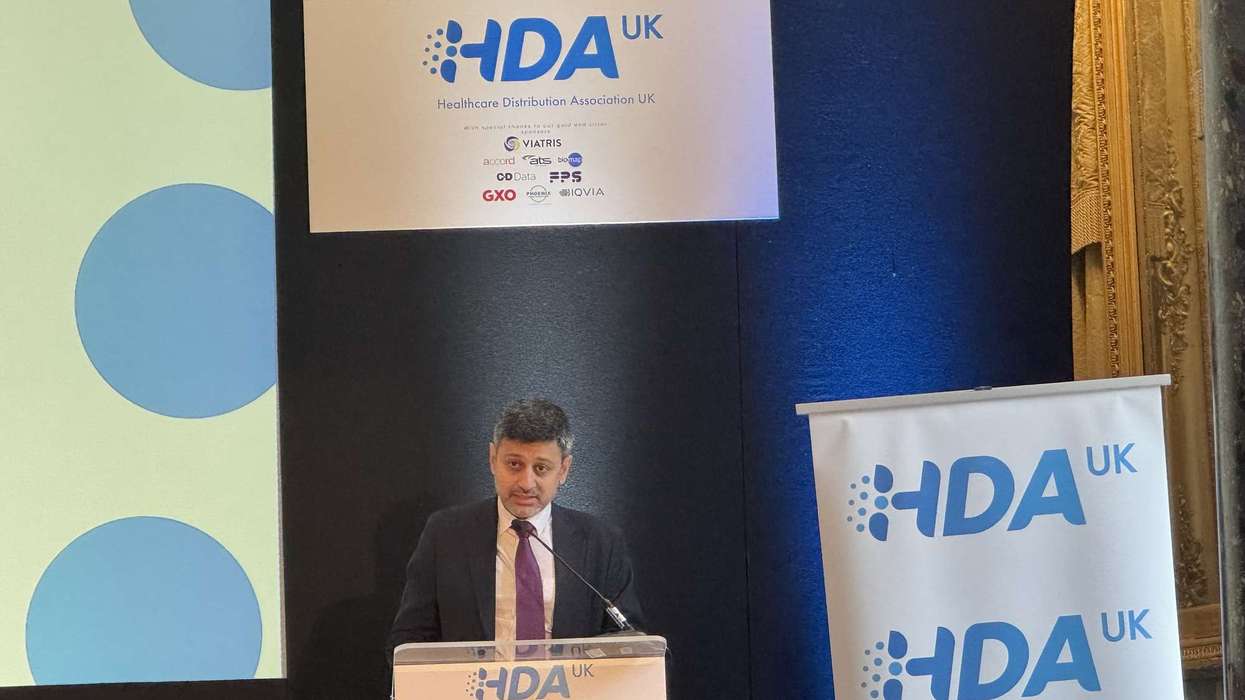Key Summary
- The NHS estimates that the technology can help save millions of pounds, which can be used to improve patient care
- Using Microsoft 365 Copilot, 83,333 hours in note-taking time could be saved every month
- The AI personal assistant could also save the health service 271,000 hours a month by summarising email chains
A pilot trial across 90 NHS organisations has found that AI-powered administrative support could save the NHS an average of 43 minutes per staff member in a single day, or 5 weeks per person annually.
Results from the trial, conducted by Microsoft 365 Copilot, show that a full roll-out could save up to 400,000 hours of staff time per month, equating to millions of hours every year, enabling staff to focus more effectively on frontline care.
The NHS estimates that the technology could save it millions of pounds every month based on 100,000 users, which could reach hundreds of millions of pounds in cost savings every year - cost savings that would be spent on directly improving patient care and frontline services.
The government is creating a more efficient NHS by harnessing technology, including AI, while cutting waste and duplication.
It is also focusing on efficiencies in elective care, outpatient reform, and urgent and emergency care.
NHS productivity for acute trusts increased by 2.7 percent between April 2024 and March 2025, exceeding the government’s 2 percent year-on-year target set in the 10 Year Health Plan.
Currently, over one million online Teams meetings take place across the NHS each month.
With Microsoft 365 Copilot, 83,333 hours in note-taking time could be saved every month. Another 13,200 hours per month could be saved.
The AI personal assistant could also save the health service 271,000 hours a month by summarising complex and long email chains for clinicians and staff. More than 10.3 million emails are sent in the NHS each month.
As part of the government’s commitment to shift the NHS from analogue to digital through the 10 Year Health Plan, the adoption of new technologies and working with partners like Microsoft are key to making the NHS more efficient.
Health innovation minister, Dr Zubir Ahmed, said, "As an NHS surgeon and clinician, I know how frustrating it can be to be held up by archaic technology that makes day-to-day tasks painstakingly long.
This partnership with Microsoft will help free up staff from spending time on admin so they can focus on what they want to be doing - treating patients."
Darren Hardman, CEO, Microsoft UK and Ireland, said, "By reducing admin and giving healthcare workers back a reported 43 minutes every day, Microsoft 365 Copilot can help the NHS redirect hundreds of thousands of hours each month towards patient care and potentially save hundreds of millions of pounds every year.
"We’re proud to support the NHS in this digital transformation, which shows how AI can reduce time-consuming admin for NHS workers and so improve the quality of patient care."
Microsoft Copilot Chat is now available across the whole of the NHS, at no additional cost for the health service, and Microsoft 365 Copilot is being used by more than 50,000 members of staff across the NHS today.
The software works by deploying Microsoft AI directly into the office software that staff use daily, such as Microsoft Teams, Outlook, Word, Excel and PowerPoint, enabling the user to use questions or prompts to get help with tasks and workflows, helping colleagues to collaborate and manage tasks more effectively and quickly.
The trial builds on NHS England and Microsoft’s existing partnership to provide all NHS organisations with access to Microsoft 365 productivity tools, demonstrating how the NHS can use its collective buying power to secure market-leading products at reduced cost for taxpayers - while driving forward the efficiency improvements essential for a modern health service.
NHS Confederation director of policy Dr Layla McCay said, “When rolled out effectively, AI tools have great potential to improve NHS productivity and solve specific and identifiable problems.
"But AI is not always the most appropriate solution and is not the answer to every challenge. That is why these pilots are so important, as they can suggest the impact AI tools can have when deployed more widely."
She said the NHS should have the right digital infrastructure to support the development of AI tools and the staff should be trained to use it.
"Some areas may have poor or incompatible infrastructure and will not be ready for CoPilot yet, with some providers still lacking basics like reliable WiFi, interoperable, and secure platforms. Continued capital investment is going to be vital if the NHS is going to develop and maintain the digital infrastructure it needs to make the most of developing AI technologies.”












